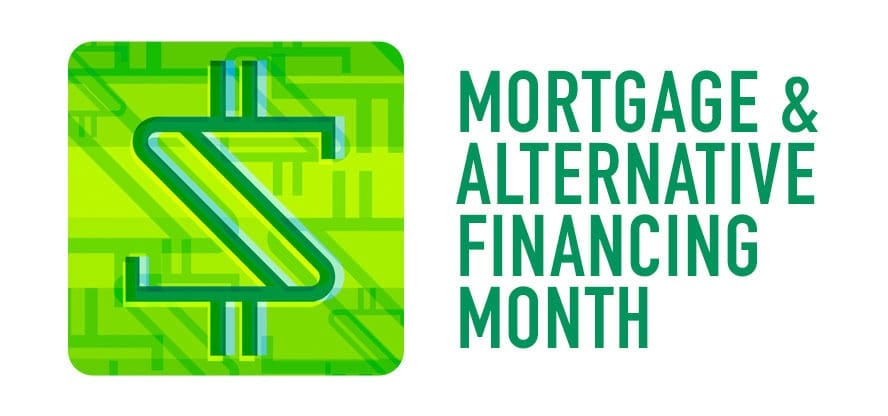This month, we’ll talk to mortgage leaders about where the market is headed and how products are evolving digitally to suit buyers’ needs now. We’ll also explore emerging alternative financing options that are changing the game for buyers and sellers. Join us for Mortgage and Alternative Financing Month.
With so many people venturing into the homebuying process (many of them first-time buyers with little experience) this year, there’s an increased possibility of confusion and misunderstanding, especially when it comes to the topic of mortgages.
In today’s red-hot market, real estate agents have to go the extra mile by making sure their clients are thoroughly educated on their mortgage options and know what to expect. So, last week, we asked you, our readers, about the most important things clients need to know about mortgages today. From alternative financing methods to interest rates, here’s what you’re preparing them for:
- There are three [mortgage] levels: all cash, conventional loan, and three government-backed loan types. Each has its place in the market. There are four choices of mortgage lenders: banks, credit unions, mortgage brokers that shop on your behalf and finally direct mortgage lenders.
- Higher down payments.
- Interest rates.
- The proposed $15,000 homebuyer tax credit is not housing stimulus program — it’s a renter stimulus program that levels the homeownership playing field. The credit helps aspiring homeowners compete for entry-level homes versus real estate investors.
- Closing costs! I’m finding neither the lawyers, the title person, nor the lender are explaining costs (specifically prepaids and escrows) to buyers.
- Other alternatives to a traditional mortgage.
- Though home prices continue to rise, low interest rates help the buyer be able to afford more.
- That rates will continue to increase, but by historical standards, they will remain very low.
- They have several options, and interest rates remain very low.
- They can save time, aggravation and documentation using a credit union or bank that carries its own paper versus a mortgage company or financial institution selling it off to the secondary market.
- Term, down payment, credit score.
- A lot more than just the interest rates.
- Interest rates may go slowly higher!
- Having a responsive, local lender with a proven track record is imperative!
- Their rights to an accurate and timely LE.
- Rates will go up.
What did we miss? Please share your thoughts in the comments section below.
Editor’s note: These responses were given anonymously and, therefore, are not attributed to anyone specifically. Responses were also edited for grammar and clarity. Inman doesn’t endorse any specific method and regulations may vary from state to state.














